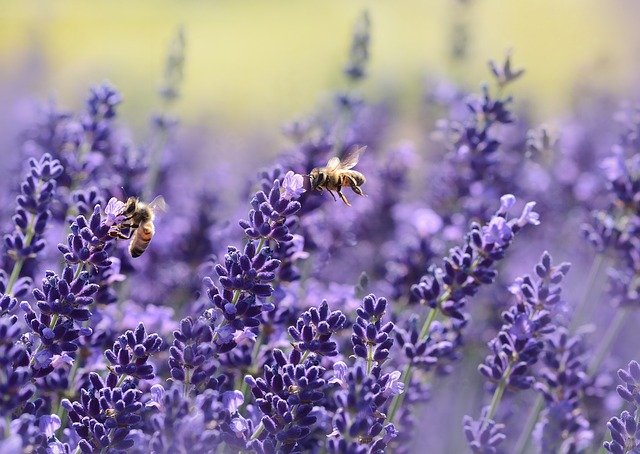
In Part 1 of this topic, we discussed a 2016 paper highlighting that non-bee pollinators have a significant role to play in pollination, as opposed to the conventional view that bees pollinate flowers and that’s largely it. However, as I’m going to discuss this time, there are some in the scientific community who think that labelling a ‘bee decline’ is premature. One example of this would be Jaboury Ghazoul- then a professor of Ecosystem Management at ETH Zurich- who published a review paper on the subject in ‘Trends in Ecology and Evolution’ back in 2005. There’s a link to the abstract of the paper here.
Ghazoul noted that many of the world’s staple crops, such as cereals or potatoes, do not rely on animal pollination at all, instead being wind pollinated or not requiring pollination in the first place. Instead, most of the crops that needed to be pollinated were high value-per-unit commodities, which would shift the apparent economic importance of bee declines and distort our picture.
Second of all, he argued that reports of a pollination crisis were mainly driven by reports of honeybees declining in North America, or the decline of bumblebees/butterflies in Europe. By contrast, he argued that the response of native pollinators to climate change has been mixed rather than a universal decline as is often portrayed.
This does not mean, Ghazoul’s reasoning goes, that there isn’t a real threat. However, his argument was that labelling a pollination crisis was premature and that research efforts should instead focus on preventing such a decline rather than panicking about one.
Now, I am not a professional pollination ecologist, so it’s very difficult for me to say what the exact nature and extent of the pollination crisis is. However, in a media which is usually dominated by the narrative of bee declines, it’s interesting to note that there are voices of dissention within the scientific community. The question, it seems, has not been settled yet in the minds of some.
- Image Credit:
- Image: Pixabay
- User: castleguard
- Featured image: Lavender Bee Summer – Free photo on Pixabay
- Image labelled for reuse
- No changes have been made
